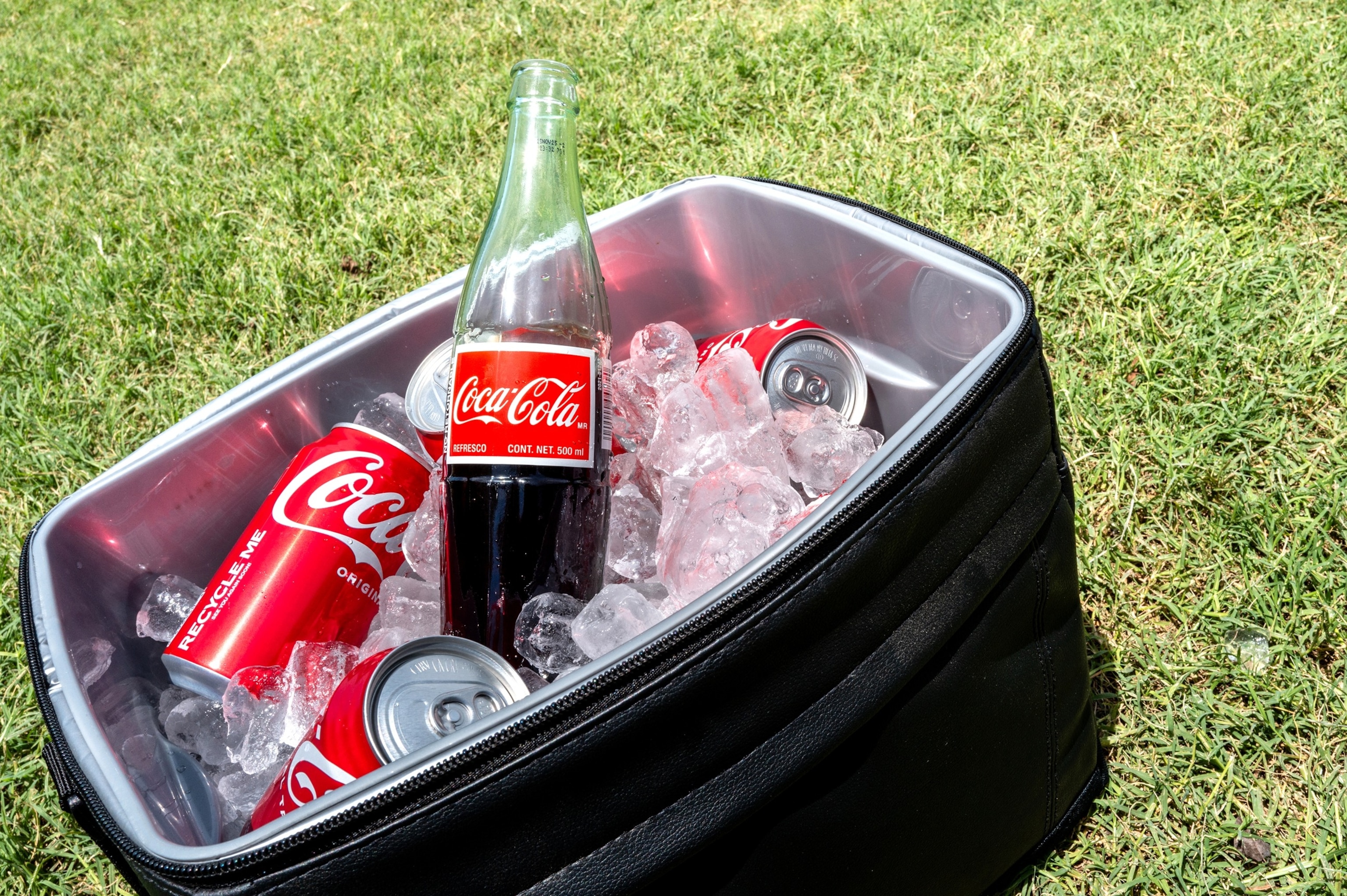Cane Sugar vs. HFCS: Is It Healthier Amid Coke's Shift?

The Shift in Sweeteners: Coca-Cola and the Debate Over High-Fructose Corn Syrup
President Donald Trump recently made headlines when he announced that Coca-Cola has agreed to switch from using high-fructose corn syrup to cane sugar in its signature drink in the United States. In a post on his Truth Social platform, Trump stated, “I have been speaking to Coca-Cola about using REAL Cane Sugar in Coke in the United States, and they have agreed to do so.” He added, “I'd like to thank all of those in authority at Coca-Cola. This will be a very good move by them – You'll see. It's just better!”
While this announcement has sparked interest, the beverage company has yet to officially confirm the change. The shift marks a significant moment in the ongoing conversation about sweeteners and their impact on health.
Understanding High-Fructose Corn Syrup and Cane Sugar
High-fructose corn syrup is a sweetener derived from corn starch. It is commonly used in processed foods and beverages, including breakfast cereals, candy bars, crackers, and more. This sweetener is created by converting some of the glucose in corn into fructose, resulting in a higher concentration of fructose compared to other sugars.
Julia Zumpano, a registered dietitian at the Cleveland Clinic, explained that high amounts of fructose are processed by the liver, which can lead to fatty liver or high levels of triglycerides—both of which are linked to metabolic issues, obesity, and diabetes.
Cane sugar, on the other hand, comes from the sugar cane plant. The juice is extracted, boiled, and crystallized to create raw sugar, which can then be further refined. Chemically known as sucrose, cane sugar is a disaccharide composed of one glucose and one fructose molecule. According to Zumpano, it contains a lower amount of fructose than high-fructose corn syrup.
Health Implications and Context Matter
Angela Zivkovic, a professor and nutritionist at the University of California, Davis Agricultural Experiment Station, emphasized that the context in which these sweeteners are consumed plays a crucial role in their health effects. She noted that both high-fructose corn syrup and cane sugar can lead to weight gain if consumed in large quantities, especially in individuals who are sedentary.
Zivkovic pointed out that while there may not be a major difference between soda sweetened with either sweetener, the key factor is overall sugar intake. “You could argue that it's a step in the right direction, because it is at least slowing down absorption a little bit,” she said. However, she cautioned that neither option is significantly healthier than the other.
Zumpano echoed this sentiment, adding that high-fructose corn syrup poses a slightly greater health risk due to its highly processed nature. She suggested that companies like Coca-Cola could use this opportunity to reduce the overall amount of sweetener in their products. “The goal should be that they reduce the overall sugar content in the product by, in my opinion, be a quarter, and then we've really made some progress,” she said.
The Bigger Picture: Reducing Sugar Consumption
Despite the potential benefits of switching to cane sugar, experts agree that the most important step is to reduce overall sugar consumption. Both high-fructose corn syrup and cane sugar are forms of added sugar, and excessive intake of either can lead to negative health outcomes.
Zumpano highlighted that the real solution lies in consuming less sugar, regardless of the type. “They're both just sugar-sweetened beverages that are basically rocket fuel and that don't have any other nutritional components that are worth talking about,” she said. For most people, especially those who are sedentary, these beverages are not a healthy choice.
In conclusion, while the shift from high-fructose corn syrup to cane sugar in Coca-Cola may seem like a positive change, it is essential to focus on reducing overall sugar consumption. The long-term health benefits of such a move depend on how consumers and companies approach the issue of sugar in their diets.
Post a Comment for "Cane Sugar vs. HFCS: Is It Healthier Amid Coke's Shift?"
Post a Comment